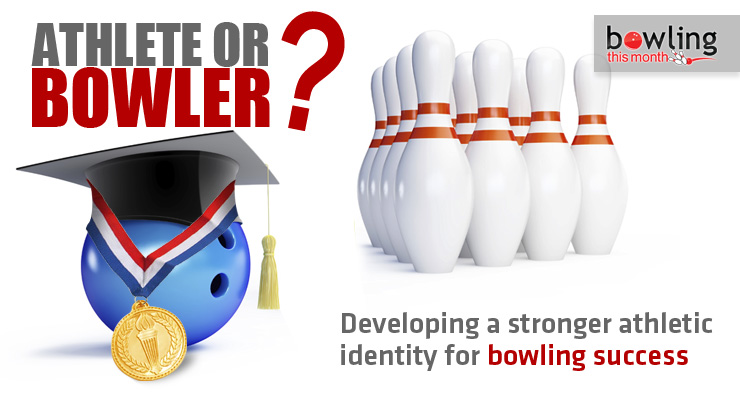Article Contents
- 1. What is athletic identity?
- 2. What is your athletic identity quotient?
- 3. How do I strengthen my athletic identity?
- 3.1. Recognize the demands and challenges of being an athlete and learn to deal with them
- 3.2. Nutrition inside and outside of the bowling center
- 3.3. Take responsibility for your actions
- 4. Conclusions
- 5. References
Note: This article is only available to Bowling This Month subscribers.
As I am writing this article, the 2014 Men’s Bowling World Championship is being finalized in Abu Dhabi. More than 300 elite international bowlers from 49 countries participated. At the beginning of this tournament, Kevin Dornberger, the President of World Bowling, spoke at the venue about the state of bowling as an Olympic sport.
In his discussion, Dornberger offered suggestions on improving the profile of bowling and the marketability of bowling as a sport. He suggested that if bowling can be viewed more as a sport by the public then it is more likely to get into the Olympic schedule. He talked about improving the sport’s marketability by (among other things) modifying the scoring system so that it is easier to understand and more exciting to watch.
He also discussed ways to improve bowling’s image by increasing the athletic profile of bowlers. Increasing the sport’s athletic profile might be done by:
- asking bowlers to consider body weight-related issues (such as nutrition and the amount of exercise they complete);
- respecting bowling by not smoking or drinking alcohol in and around bowling centers no matter what type of event you are competing in; and
- continuing to promote bowling as a sport and not as a hobby.
I would agree with the comments about bowlers not representing the sport well, especially some of those who are league bowlers only and don’t bowl tournaments. Even some weekend warriors who bowl tournaments may not look at themselves as ...
Already a premium member? Click here to log in.


